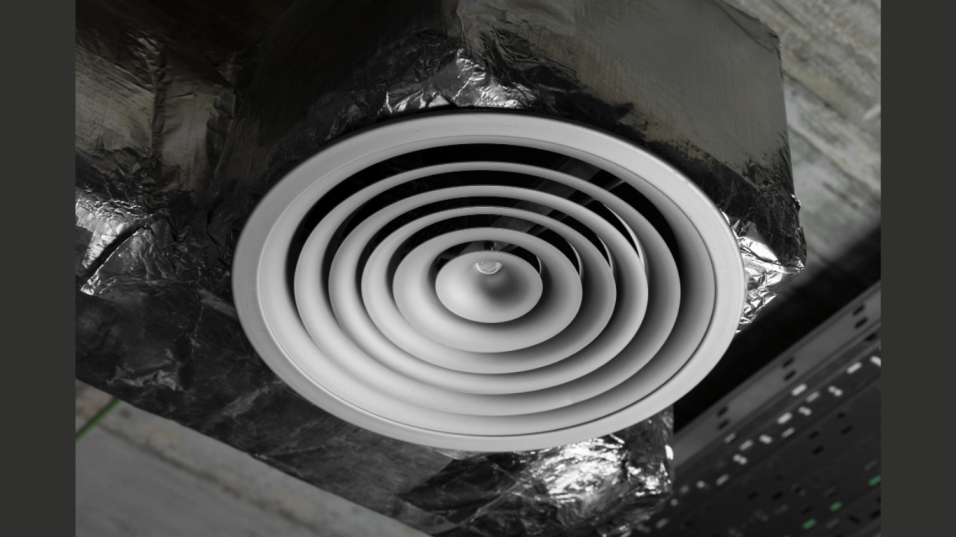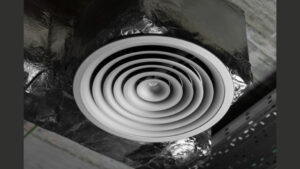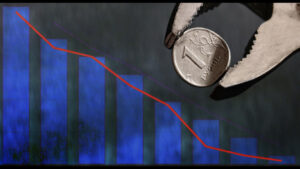Understanding the Insurance Company’s Role After a Car Accident
After a car accident, promptly notify your insurance company to begin the claims process and seek medical attention to start your path to maximum medical recovery. Your insurer will cover losses specified in your policy, including repairs and medical expenses.
Consulting an experienced car accident attorney before reaching out to the insurance company can help you protect your rights and ensure you receive fair compensation after a car accident.
Key Responsibilities of Insurance Companies
Insurance companies should process auto insurance claims promptly and fairly after a car accident. They are responsible for:
- Investigating accidents to determine coverage
- Communicating clearly with policyholders about their rights and options
- Offering fair settlements based on the terms of the policy
How They Assess Claims for Payouts
When you report an accident to your insurer, they begin evaluating your injury claims. Here’s what happens:
- They assign a claims adjuster who investigates the incident
- The adjuster reviews evidence like photos, police reports, and medical bills
- They determine if your losses are covered under your policy
Understanding these steps will help you anticipate what happens when filing an insurance claim.
Common Misconceptions About Insurance Coverage
There are common myths about insurance coverage that you should know:
- You might think your insurance only covers damages if you’re at fault, but it also helps if you’re not.
- Another myth is that reporting small accidents isn’t necessary, but it’s important for your protection and claims process.
What to Expect When Dealing with an Insurance Adjuster
When an adjuster contacts you after a car accident, they’ll seek details on the incident and damages. Be cautious: limit your discussion to property damage and refrain from mentioning injuries or medical expenses until consulting with an experienced car accident attorney.
Communication Channels Used by Adjusters
Adjusters from insurance companies will contact you via phone calls, emails, or in-person meetings regarding your insurance claim after a car accident. They might ask for recorded statements or documentation related to the incident.
It’s crucial to keep detailed records of all interactions with insurance companies regarding an insurance claim after a car accident.
Timeframes for Adjuster Responses
After filing your insurance claim, you’ll typically wait a few days for an insurance adjuster from your insurance provider to reach out. If the car accident case is complex or involves substantial property damage, it may require more time.
Be patient when dealing with an insurance adjuster, but if you haven’t received any communication from the insurance provider after one week, it’s advisable to follow up.
To ensure you don’t cause delays in your communications with an insurance adjuster:
- Check emails and voicemails regularly
- Keep track of all communications with the adjuster
- Stay organized to provide any additional information they request promptly
If you experience delays, contact your insurance company directly for updates on your auto insurance policy, and if you suspect bad faith, contact an attorney immediately.
Insurance Adjuster’s Right to Gather Information
Adjusters can gather information related to a car accident, such as inspecting the damage and questioning those involved. While they may inquire about the incident, they must avoid pressuring or intimidating you.
Be clear and concise in your interactions with an insurance company after a car accident, and avoid speculating or making assumptions.
It’s highly recommended to consult a personal injury attorney for legal guidance when communicating with insurance adjusters.
Things Not to Say to the Insurance Company
Avoid admitting fault, minimizing injuries sustained, or speculating about the car crash. Also, do not provide unnecessary personal details or make recorded statements unless advised by your car accident lawyer.
Keep communications with the insurance company factual and concise. This is crucial when seeking to obtain a fair financial settlement.
Avoid Admitting Fault
Don’t admit fault or apologize after a car accident; focus on stating the facts. Let legal professionals determine responsibility later.
Apologizing and admitting fault after a car accident can negatively impact your personal injury claim and compensation.
Refrain from Speculating About the Accident
Avoid using phrases like “I think” and refrain from sharing personal opinions when communicating with your insurance company. Stick to factual information.
Be sure to gather all necessary information accurately and thoroughly before communicating.
Limit Personal Information Shared During Calls
When speaking with the insurance company over the phone:
- Avoid sharing unnecessary personal details over the phone
- Keep conversations focused and brief to prevent misuse of information
- Provide only what is asked for and nothing more
How Insurance Coverage Applies to Car Accident Damages
Insurance coverage for damages depends on your specific policy and the details of the accident. Liability coverage is responsible for damages you cause when you’re at fault.
Collision coverage addresses vehicle repair costs after an accident, while comprehensive coverage takes care of non-accident-related damage. Consult a lawyer to fully understand how insurance policies relate to your car accident case.
Medical Expenses Covered by Policies
After a car accident, it’s important to understand your coverage under personal injury law and how your car insurance addresses potential issues. Your policy generally includes provisions for medical costs stemming from personal injuries.
Ensure that you check whether your plan provides sufficient protection for these expenses, as well as compensation for lost income due to the accident, and make sure your coverage limits are adequate for any potential high expenses.
Collision and Comprehensive coverage
When dealing with vehicle damage after an accident, your car insurance provides protection through collision coverage if you’re at fault, and sometimes even if someone else is responsible. Comprehensive coverage addresses non-collision-related damages, such as theft or those caused by natural disasters.
Liability Coverage for Third-Party Claims
Your underinsured motorist coverage applies when you’re at fault in an auto accident, helping pay for damages to others. However, if another driver is at fault, this coverage can cover their medical bills and attorney costs without affecting your insurance rates.
Understanding underinsured motorist coverage is crucial for financial protection following an auto accident. Especially if the fault driver doesn’t have sufficient insurance to cover damages, this coverage helps avoid financial burden.
Dealing with Bad Faith Insurance Practices
Insurance companies are required to provide accurate information and handle claims in good faith. Be alert to signs such as unreasonable denials, inadequate investigations, delays, lowball offers, misrepresentations of policy terms, and unclear explanations, which may indicate bad faith practices.
Consulting an experienced lawyer ensures you have legal representation and helps you obtain the maximum compensation, protecting you against lowball offers from insurance companies.
Signs of Unfair Claim Denials
Look out for these signs:
- Unreasonable delays without clear reasons
- Misinterpreting policy details to deny claims
- Offering settlements that are too low
- Lack of thorough investigation into your claim
- Failing to provide clear explanations for denials
Legal Consequences for Bad Faith Claims
If you suspect bad faith practices from your insurer and wish to recover compensation, consulting a personal injury attorney is crucial. They can assist in documenting the misconduct, filing complaints with regulatory agencies, and exploring legal options if needed.
Documenting Evidence of Insurance Misconduct
To counteract any bad faith practices by an insurance company after a car accident, it’s crucial to document every interaction thoroughly. Maintain detailed records of all communications with your insurance agent, such as emails, phone calls, and letters.
Article received via email































